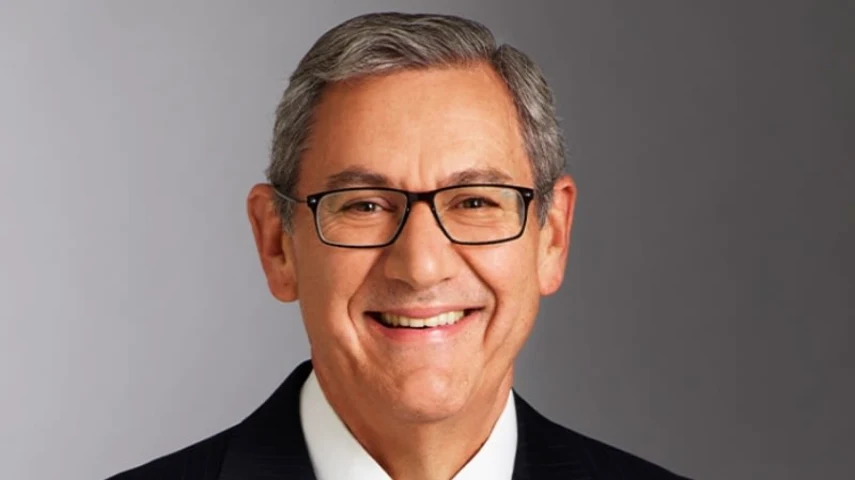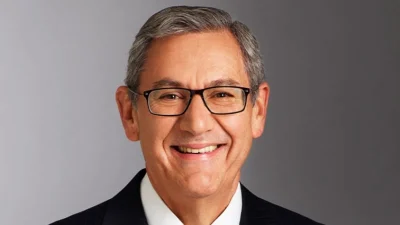Super trustees must tighten oversight to prevent misconduct, ASIC warns



ASIC chair Joe Longo says superannuation trustees must do more to protect members from misconduct and high-risk schemes.
Super trustees must take greater responsibility for protecting members from financial harm, according to the chair of the Australian Securities and Investments Commission (ASIC), Joe Longo, who criticised parts of the industry for enabling high-risk investment switching models that exploit retirement savings.
During his keynote address at the FSC Symposium – Shaping Advice in a Time of Change – on Wednesday (30 July 2025), Longo outlined recent misconduct cases involving superannuation rollovers into dubious products (including the Shield and First Guardian schemes), stating that “bad actors” are targeting the super system on an industrial scale.
“There is a significant pot of money in our super system that bad actors are trying to exploit,” Longo said. “More than $1 billion [has been] invested by over 11,000 people. Even with this action it is unlikely every investor will be made whole.”
While most industry participants were acting appropriately, Longo warned that inaction by trustees risks undermining trust in the system while inviting more stringent intervention from regulators and policymakers.
“Just because you aren’t the bad actor, that doesn’t mean the behaviour of the bad actors won’t impact you,” he said. “Everyone has a role to play.”
The regulator has been actively investigating a range of misconduct cases in recent months, launching stop orders, appointing liquidators, initiating court proceedings, and cancelling financial adviser licences.
In fact, ASIC has doubled the number of new financial advice-related investigations over the past year and nearly doubled those involving investment management.
Two of ASIC’s enforcement priorities for 2025 include misconduct targeting superannuation savings and property investment schemes.
“We’re investigating the conduct of the lead generators, the financial advisers, the superannuation trustees, the managed investment schemes, and the research houses,” Longo said.
However, Longo affirmed it was not enough for the regulator to act alone – super trustees must also do their part.
“You must undertake sufficient due diligence of new investment options before you make them available to investors,” he said. “You should have processes in place that allow you to identify practices that may result in the erosion of super balances.”
According to Longo, super trustees are expected to scrutinise super-switching models and advice fee arrangements and to ensure monitoring of sales referral sources to detect inappropriate behaviour.
Moreover, he flagged the need to re-examine conflicted remuneration structures and to follow the money flowing through the superannuation switching pipeline, including payments to lead generators and advisers.
Systemic change would also require reform of the managed investment scheme regime, which ASIC has long said is too permissive and lacks transparency, Longo added.
“It doesn’t matter if the underlying asset is alpacas or meme coins – if the fund has a valid trust deed and disclosure document, ASIC has to register it,” he said.
Australia lags global peers in regulatory data collection powers, Longo said, and he renewed calls for a legislative framework to collect data on both registered and unregistered managed investment schemes.
He concluded with a warning: “Bad actors in this sector could undermine trust in Australia’s superannuation system. That’s bad for everyone – investors, consumers, and industry alike.”
Recommended for you
The Gateway Network Governance Body has unveiled a detailed roadmap to guide the superannuation industry through the upcoming Payday Super reforms.
CPA Australia urges the ATO to extend compliance support for small businesses facing major system changes ahead of Payday Super reforms.
Superannuation funds ramp up collective efforts to counter rising cybercrime, updating standards and sharing intelligence across the industry.
The regulator has fined two super funds for misleading sustainability and investment claims, citing ongoing efforts to curb greenwashing across the sector.









